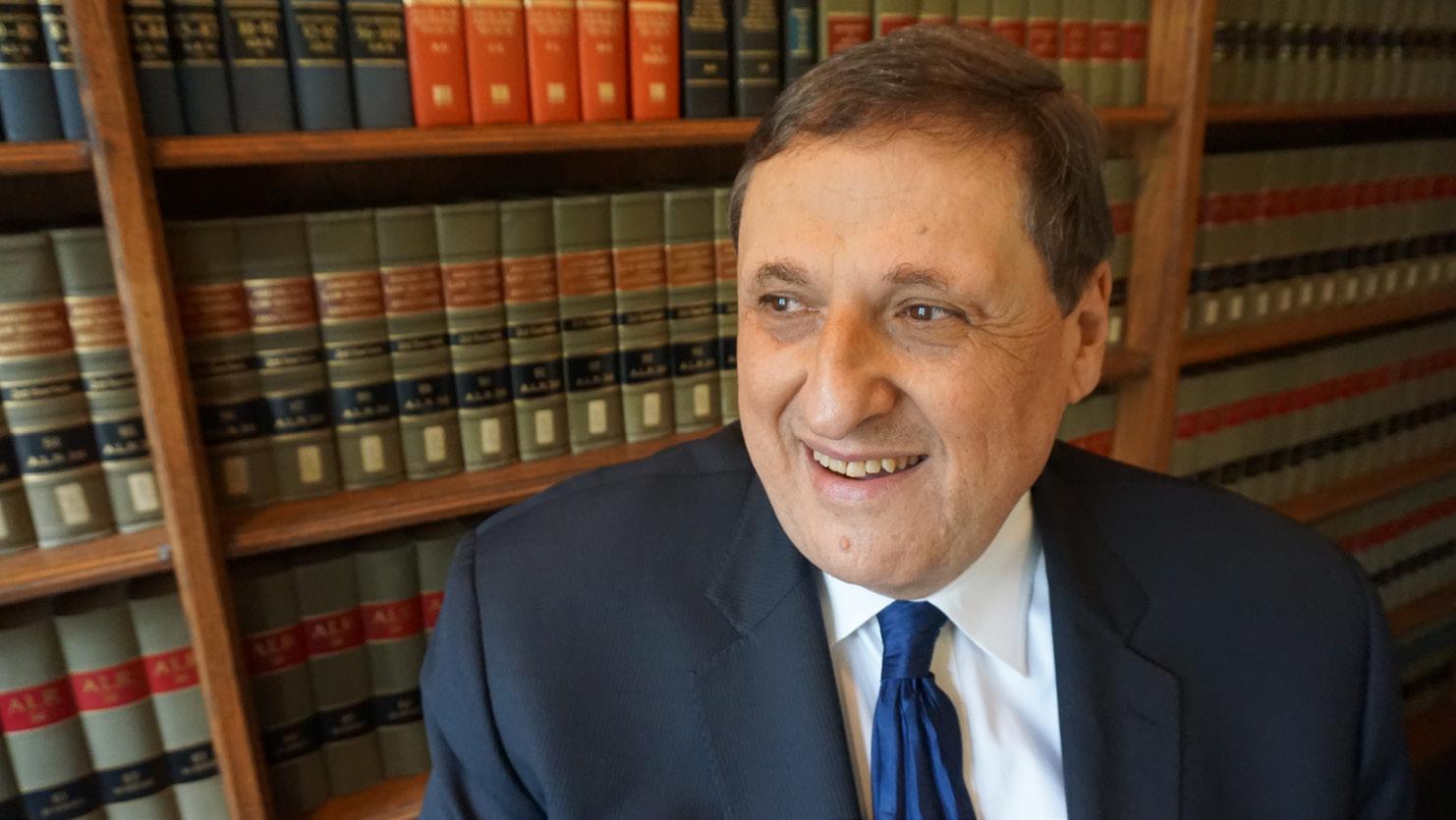
3 minute read
C.M. “Bud” Starr
20
ADVOCATUS CAECUS
by C.M. “Bud” Starr
This winter saw the second impeachment trial of Donald Trump. The House Impeachment Managers, led by Maryland Representative Jamie Raskin, a Harvard Law School graduate and third-term Representative, made a powerfully emotional case, which is always helpful in a prosecution. Defense attorneys Michael van der Veen, David Schoen, and Bruce Castor had a common disadvantage in defense cases in that they represented someone whose public persona, established over the past five years, was that of a jackass.
An underlying, and almost unspoken issue was whether this was a legal trial or a political trial. Liberal Democrat law professor emeritus and commentator Alan Dershowitz made forceable arguments that the trial was a legal process strictly to be controlled by the Constitution. Conservative commentator and Harvard Law graduate Ben Shapiro pontificated that such proceedings are almost purely political.
Most of you readers have real jobs and could not afford the time to listen to the whole trial. I had the luxury of tuning into C-SPAN Radio and hearing almost the entire proceeding. There were no witnesses. Evidence was offered by selected productions of video clips, references to published news articles and broadcasts, and personal experiences. In addition, the jury of one-hundred Senators were among the identified victims.
Representative Raskin and the House Impeachment Managers were given sixteen hours to present their case, and they used something over eleven hours. The defense team was also given sixteen hours to present their case, and they used less than three hours. The cases were presented after a 56-44 vote determined that the Senate had jurisdiction to try a former President who had already left office.
Since there was no examination of witnesses, personal public speaking style really stood out. One House Manager shone; Stacey Plaskett, the Delegate from the U.S. Virgin Islands, was a tremendous presenter and, I would suspect, will have a brilliant future in national politics. Defense attorney Michael van der Veen shone in his directness and complete responses to the House Managers’ case.
Ultimately, the riots of January 6 were terrible, the videos and personal stories about them were extremely distressing, and the evil they represented could not be denied. Attempts by the House Managers to link former President Trump to the evil relied upon carefully edited excerpts from his speech emphasizing his use of the word “fight,” along with a statement that he had used the word “fight” on twenty occasions in his 71-minute speech on January 6. The defense showed the context of all twenty uses of the word “fight” to refer to political action such as supporting Republican Senators and making primary challenges to those Senators who would not support Donald Trump.
Finally, the House Managers urged that defenses like the First Amendment and lack of due process did not apply to this trial because the action was civil in nature, not criminal, because Donald Trump was not facing even a single day of imprisonment. I was entertained by that contention. The burden on the House Managers was to prove treason, bribery, or other high crimes and misdemeanors. The ultimate vote from each Senator would be guilty or not guilty. As a prosecutor for over 29 years, that sounded like a criminal proceeding to me. You probably know the vote was 57 for guilt and 43 for acquittal, not meeting the two-thirds necessary for conviction. Whether you consider the trial a legal proceeding or a political one, it was very interesting to those of us who practice law.
About the author: C. M. Starr II is an attorney retired from the District Attorney’s Office. He spends much of his time listening to audiobooks and is currently helping to establish the Kern County College of Law. He writes for Res Ipsa Loquitur as an outlet for his need to pose questions beyond those raised by his former legal work.






